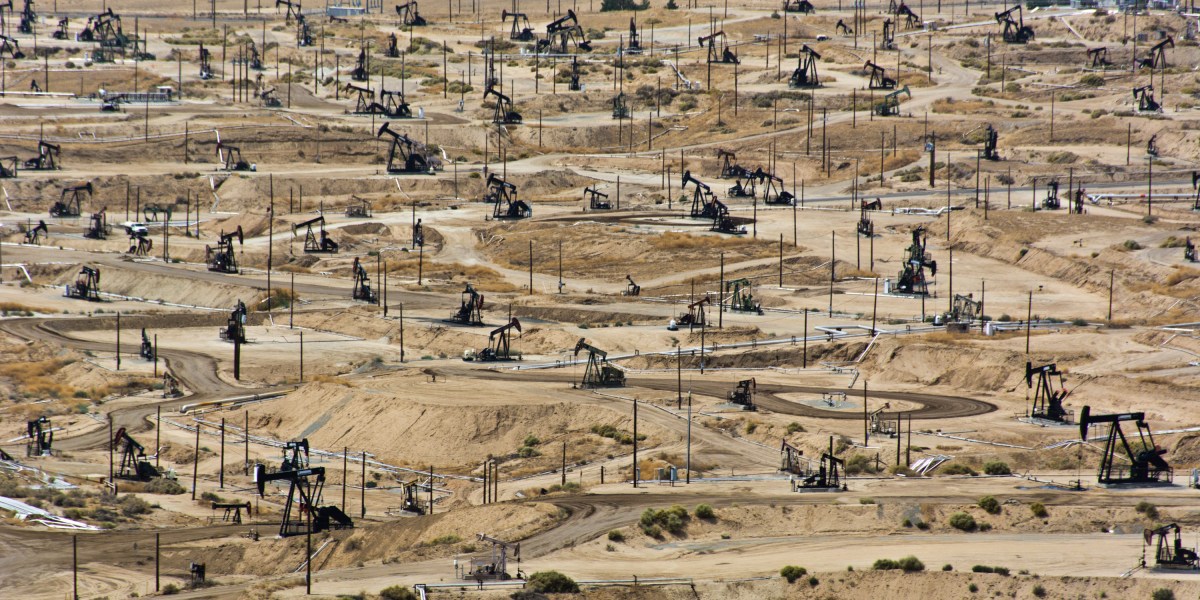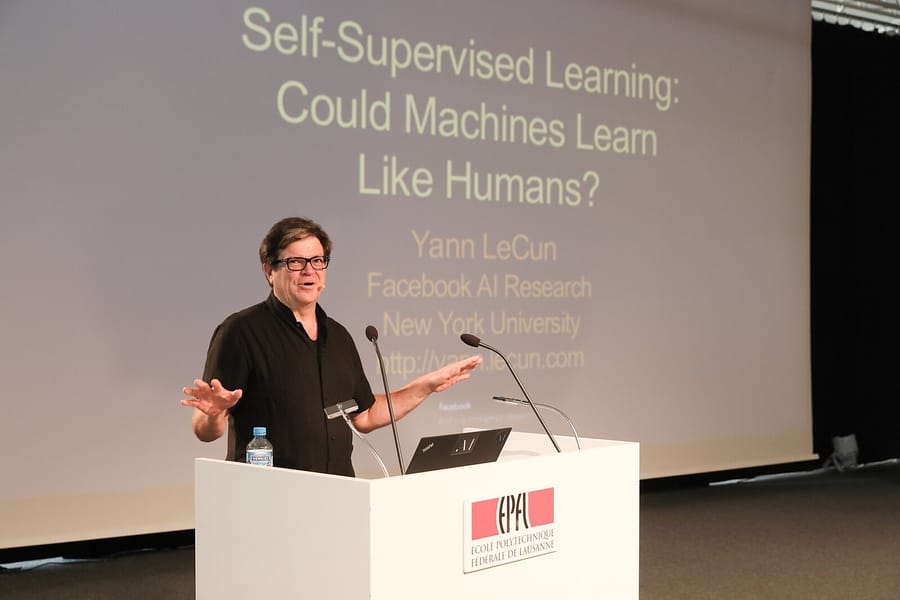The Climate Change Information Centre, developed by Meta, a tool for information about climate change, suffers from serious methodological problems that cause it to communicate misleading data to users potentially. Based on a Financial Times report from July 12, 2025, researchers from three universities have uncovered significant deficiencies in Meta's tool, reaching more than 150 million users through the Facebook and Instagram platforms. According to the researchers, the datasets used to create the tool are inaccurate and not up-to-date, as Meta primarily relied on pre-2014 data. At the same time, significant changes have occurred in climate science and carbon emission trends over the past decade.
Among the problems is that Meta's tool consistently underestimates the expected impacts of climate change, as it uses outdated models that do not consider the latest scientific knowledge. According to an analysis published by Technology Review, the temperature rise data predicted by the tool are on average 1.2 degrees Celsius lower than the forecasts in the latest IPCC (Intergovernmental Panel on Climate Change) reports. Researchers found it particularly problematic that Meta's tool does not properly handle uncertainty related to climate change, and in 85% of the data, it displays results from optimistic scenarios without clearly indicating this to users, potentially creating a false sense of security regarding the severity of climate change.
The issue is particularly concerning given the growing energy consumption and environmental impact of tech giants. According to Wired magazine, the energy demands of AI developments increased by more than 300% between 2020 and 2025, and emissions from AI data centres are becoming an increasingly significant environmental problem. Meta itself increased the energy consumption of its data centres by 43% in 2024 compared to the previous year, while the company officially maintains that it aims to achieve net zero emissions by 2030. Meta's spokesperson acknowledged the problems with the tool and promised to review the data and methodologies, but did not specify a concrete deadline for implementing the improved version.
Sources:
1.

2.

3.
WIRED · July 2, 2025









